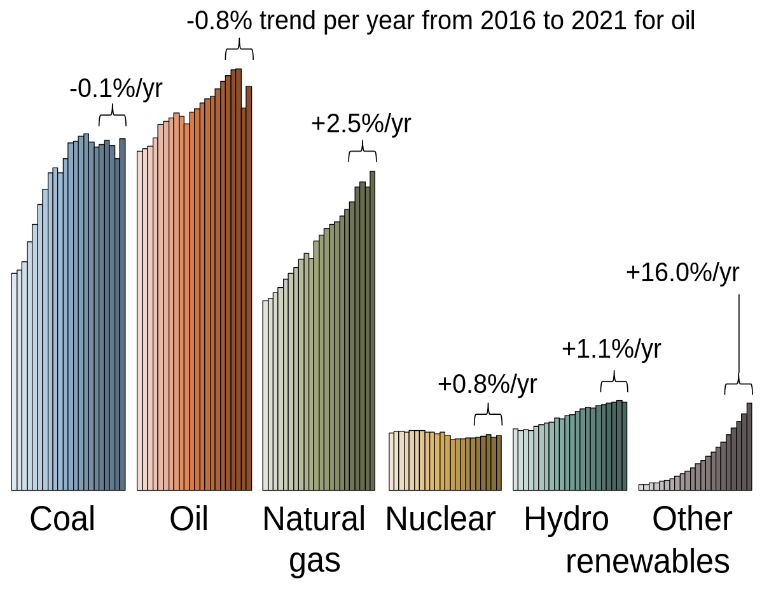Enhancing the Efficiency and Reliability of a Standalone Solar Energy System for Homes in Iraq
Main Article Content
Abstract
This study explores the knowledge regarding unconnected solar energy systems, their configurations, and the effects of Iraq's warm weather. Furthermore, it investigates the advantages and disadvantages of implementing such systems in Iraq. The research recognizes the efficacy of off-grid solar energy systems and their potential to provide clean electrical energy to meet the needs of Iraqi citizens while reducing harmful environmental emissions. The study employs an applied research project to assess the operational efficiency of off-grid solutions. The PVSYST application was used to simulate the solar energy system data. The research aims to develop off-grid solar energy systems, assess the suitability of building roofs, examine how heat affects panel productivity, and evaluate the impact of shading on energy levels, among other objectives. The study also covers the components of solar energy systems and how to assess their quality to withstand Iraq's typically hot climate.
Article Details
References
M. Asif, T.Mumeer, Solar Thermal Technologies: in Encyclopedia of Energy Engineering and Techn, 2007.
Y. I. Al-Mashhadany, Design intelligent solar cell tester system based on microcontroller with handling robot, International Journal of Computer Aided Engineering and Technology 2022 17:1, 3-12
M. Jamal, A. Abd Rahman, A. Shamsuddin, Advance in the integration of solar thermal energy with conventional and non-conventional power plants. Renew. Sustain. Energy Rev. 2013, 20, 71–81.
G. Manzolini, A. Giostri, C. Saccilotto, P. Silva, E. Macchi, Development of an innovative code for the design of thermodynamic solar power plant’s part A: Code description and test case. Renew. Energy 2011, 36, 1993–2003.
O. Al-sakaf, Application possibilities of solar thermal power plants in Arab countries. Renew. Energy 1998, 14, 4–9.
Y. I. Al Mashhadany, "Optimal results presentation style for engineering research article", The 2nd Universitas Lampung International Conference on Science, Technology, And Environment (Ulicoste) 2021, Vol. 2563, p. 040008, 2022. DOI: https://doi.org/10.1063/5.0112145
B. Abdulelah, Y. I. Al Mashhadany, S. Algburi, & G. Ulutagay, Modeling and analysis: power injection model approach for high performance of electrical distribution networks." Bulletin of Electrical Engineering and Informatics, 10.6 (2021): 2943-2952.
F.García, E. Zarza, L. Valenzuela, M. Pérez, Parabolic-trough solar collectors and their applications. Renew. Sustain. Energy Rev. 2010, 14, 1695–1721.
A.H.A AL-Jumaili, Y. I. Al Mashhadany, R. Sulaiman, and Z. A.A. Alyasseri 2021. "A Conceptual and Systematics for Intelligent Power Management System-Based Cloud Computing: Prospects, and Challenges" Applied Sciences 11, no. 21: 9820. https://doi.org/10.3390/app11219820
M. Hasanuzzaman, A. Q. Al-Amin, S. Khanam, M. Hosenuzzaman, Photovoltaic power generation and its economic and environmental future in Bangladesh. J Renew Sustain Energy 2015, 7:013108.
Y. I. Al Mashhadany, H. A. Attia. “Novel Design and Implementation of Portable Charger through Low-Power PV Energy System.” Advanced Materials Research, vol. 925, Trans Tech Publications, Ltd., Apr. 2014, pp. 495–499. Crossref, https://doi.10.4028/www.scientific.net/amr.925.495
H. A. Hussein, A. H. Numan, K. M. kuder, The effect of a controlled cooling system on the solar array of DC air conditioner, Anbar Journal of Engineering Sciences, 11, 2, 2020, 113-120. doi: 10.37649/aengs.2023.176834
H. H. Al-Kayiem and S. T. Mohammad, ‘Potential of renewable energy resources with an emphasis on solar power in Iraq: An outlook’, Resources, vol. 8, no. 1, pp. 1–20, 2019, doi: 10.3390/resources8010042.
Y.I. Al Mashhadany, G. Ulutagay, B. J. Abdulelah, Optimal Control and Dynamic Stability of Power Injection Based on Fuzzy Intelligent Controller. In: Kahraman, C., Tolga, A.C., Cevik Onar, S., Cebi, S., Oztaysi, B., Sari, I.U. (eds) Intelligent and Fuzzy Systems. INFUS 2022. Lecture Notes in Networks and Systems, vol 504. Springer, Cham. https://doi.org/10.1007/978-3-031-09173-5_103
H. A. Attia, H. W. Ping and Y. Al Mashhadany, "Design and analysis for high performance synchronized inverter with PWM power control," 2013 IEEE Conference on Clean Energy and Technology (CEAT), Langkawi, Malaysia, 2013, pp. 265-270, doi: 10.1109/CEAT.2013.6775638.

